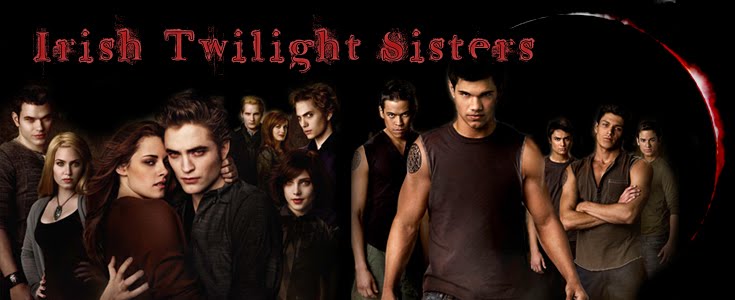Ever wonder how Carter Burwell managed to score Twilight and Breaking Dawn so brilliantly?
In an interview with "The Sag Harbor Express" he explains a little about the creative process, and how he thought up the melody for the Twilight music.
 |
| Carter Burwell |
Over the course of a 28-year career, the film composer and Amagansett resident [Carter Burwell] has written music for more than 75 feature-length films including “Twilight” and nearly every film ever made by the Coen Brothers.
- At what point in the filming process will you come onboard?
Generally, I don’t actually write anything until a film has actually been shot. But, there are some exceptions.
In the movie I’m working on right now, which is “Breaking Dawn: Part II,” they needed Rob Pattinson and the actress who plays his daughter to play piano on screen. I had to write this duet before they shot the film so they could actually learn the parts. Rob is a musician, so he prides himself on working out the fingering for these correctly.
- So before the movie is finished filming, but after you’ve discussed the mood of the film with the directors, do you start to research and gather sounds?
I do. Actually, it’s an interesting thing. The question of mood doesn’t really come up that much. A typical thing we would discuss would be the motivation of the main character.
- So, I understand the creative process, the idea of trying to find a character’s motivation. But, how do you even start to put music to it?
I’ll first watch the movie enough to get a definite idea of what I think it wants: there’s a story element that needs a theme, or there’s a character that needs a theme. I’ll have these thoughts in mind, and then I’ll go and play the piano without the movie there and that’s what I do. I’ll sit at the piano for as long as it takes — and hopefully it doesn’t take too long because they don’t give you that much time!
- Have you always played piano?
I took lessons as a kid — I really hated it — and came back to it later when I was in my high school years because a friend showed me how to improvise on piano. Playing written music, which is of course what I was doing when I had lessons as a kid, is not really interesting to me. I don’t even like playing my own music once it’s written down.
- Have you always been able to associate emotions with sound? For instance, to know what a character’s motivation is, and then easily get to the piano and play it out?
What you just brought up is the hardest thing. To find what that relationship is between sound and emotion, and to do it in some non-cliché way is still a bit of a mystery to me. The only way I can usually do it is to just try many, many, many things… but that’s what I enjoy doing on piano. I make random mutations in a melody, or a theme, and then I perform selections by choosing ones I think are getting me somewhere.
To read the rest of the interview, click here.
Source / via

No comments:
Post a Comment